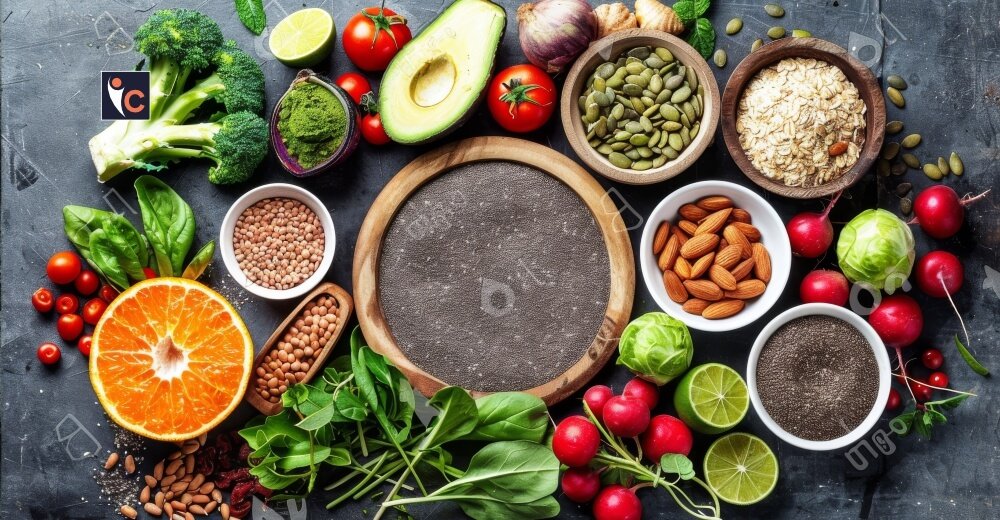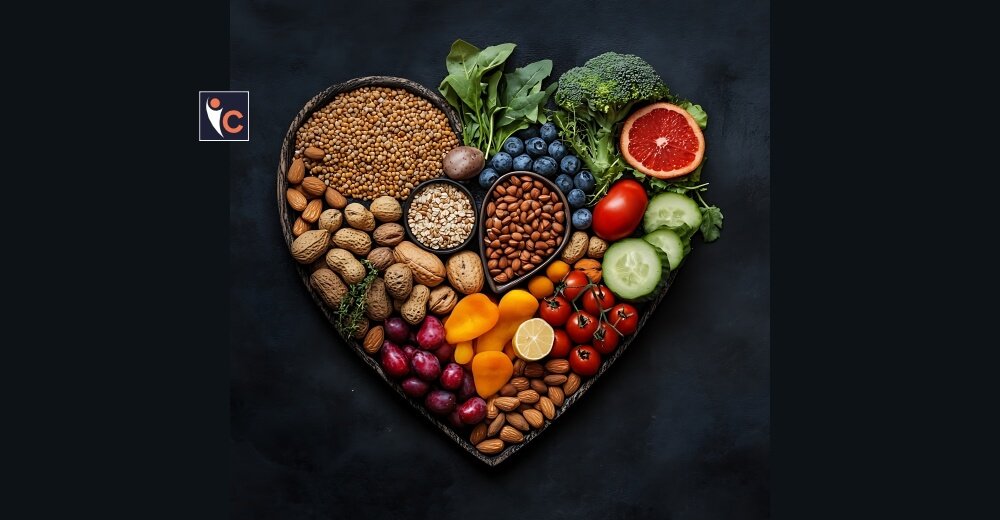What the Latest Research Reveals
In recent years, the relationship between antioxidants and cancer has become a subject of intense scrutiny in the medical community. Once hailed as potential cancer-fighting superheroes, antioxidants are now viewed with a more nuanced perspective. This article delves into the latest research findings, exploring both the potential benefits and risks associated with antioxidant consumption in cancer prevention and treatment.
The Oxidative Stress Paradigm
At the heart of the antioxidant debate lies the concept of oxidative stress. This physiological state occurs when there’s an imbalance between reactive oxygen species (ROS) and the body’s antioxidant defenses. ROS, highly reactive molecules containing oxygen, can damage cellular components such as DNA, proteins, and lipids. This damage, if left unchecked, can lead to mutations and potentially contribute to cancer development.
Antioxidants, whether produced naturally by the body or obtained through diet and supplements, work to neutralize these harmful ROS. This protective mechanism forms the basis of the hypothesis that increased antioxidant intake could reduce cancer risk.
A Complex Picture Emerges
As researchers have delved deeper into the antioxidant-cancer relationship, a more complex picture has emerged. Observational studies have suggested that individuals with higher antioxidant intake tend to have a lower incidence of certain cancers. However, when put to the test in rigorous clinical trials, the results have been far from conclusive.
Some trials have shown promising results, indicating that specific antioxidant supplements may reduce the risk of certain types of cancer. However, other studies have raised red flags, suggesting that high-dose antioxidant supplementation might actually increase cancer risk in some populations, particularly among smokers.
The Paradox of Protection
Perhaps the most surprising twist in the antioxidant story comes from recent research into cancer progression. Studies using mouse models have revealed that antioxidant supplementation can, under certain conditions, enhance tumor growth and metastasis. For instance, supplements like N-acetylcysteine (NAC) and vitamin E were found to increase tumor size and spread in lung cancer models.
These findings have led to a paradoxical realization: while antioxidants may protect healthy cells from damage, they might also inadvertently shield cancer cells from oxidative stress, allowing them to thrive and spread more easily.
Implications for Cancer Treatment
The potential for antioxidants to interfere with cancer treatments adds another layer of complexity to this issue. Many chemotherapy drugs work by generating free radicals to kill cancer cells. There’s concern that high levels of antioxidants might counteract this mechanism, potentially reducing treatment efficacy.
This has led many oncologists to advise caution when it comes to antioxidant supplementation during cancer treatment. The goal is to strike a balance between supporting overall health and not compromising the effectiveness of cancer therapies.
Diet vs. Supplements
As the scientific community grapples with these findings, a key distinction has emerged between dietary antioxidants and high-dose supplements. Consuming a diet rich in fruits, vegetables, nuts, and other plant-based foods high in antioxidants is generally associated with a lower risk of cancer and other chronic diseases. These foods provide a complex array of nutrients that work synergistically to support overall health.
In contrast, high-dose antioxidant supplements have been linked to potential risks in some studies. This discrepancy might be due to the concentrated nature of supplements, which can lead to antioxidant levels far beyond what would be achieved through diet alone.
Navigating the Antioxidant Landscape
Given the current state of research, what should healthcare professionals and the general public make of antioxidants and cancer prevention? Here are some key takeaways:
- Embrace a balanced diet: Encourage consumption of a variety of antioxidant-rich foods as part of a balanced, plant-forward diet.
- Exercise caution with supplements: High-dose antioxidant supplements should be approached with caution, especially for individuals at high risk of cancer or undergoing cancer treatment.
- Individualized approach: Recommendations regarding antioxidant intake should be tailored to an individual’s health status, risk factors, and current treatments.
- Stay informed: As research in this field continues to evolve, it’s crucial for healthcare professionals to stay up-to-date on the latest findings.
The Road Ahead
The complex relationship between antioxidants and cancer underscores the need for continued research. Large-scale, long-term clinical trials are necessary to fully elucidate the effects of antioxidant supplementation on cancer risk and progression. Additionally, mechanistic studies exploring how antioxidants interact with cancer biology at the molecular level will be crucial for developing more targeted prevention and treatment strategies.
As our understanding of this intricate relationship deepens, it’s likely that more personalized approaches to antioxidant use in cancer prevention and treatment will emerge. For now, the most prudent approach appears to be focusing on obtaining antioxidants through a varied, nutrient-rich diet rather than relying on high-dose supplements.
In conclusion, the story of antioxidants and cancer prevention serves as a reminder of the complexity of human biology. What once seemed like a straightforward solution has revealed itself to be a nuanced and multifaceted issue. As we continue to unravel the mysteries of cancer biology, the role of antioxidants will undoubtedly remain an important area of investigation, holding the promise of more effective strategies for cancer prevention and treatment in the future.
Read More: Click Here





